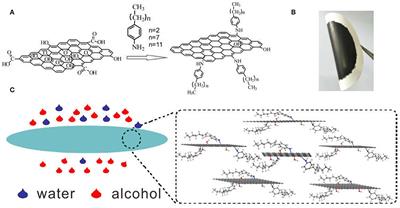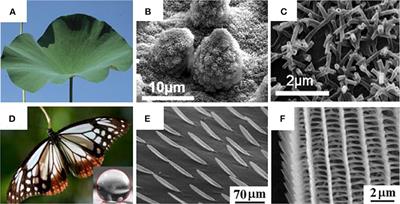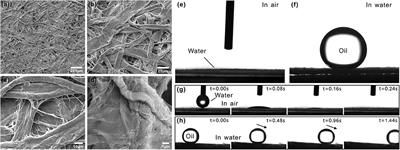EDITORIAL
Published on 24 Mar 2021
Editorial: Superwetting Interfaces for Oil/Water Separation
doi 10.3389/fchem.2021.667106
- 1,536 views
- 2 citations
6,695
Total downloads
40k
Total views and downloads
EDITORIAL
Published on 24 Mar 2021
ORIGINAL RESEARCH
Published on 03 Dec 2020

REVIEW
Published on 19 Nov 2020

ORIGINAL RESEARCH
Published on 29 Sep 2020

MINI REVIEW
Published on 25 Sep 2020

ORIGINAL RESEARCH
Published on 09 Jul 2020

